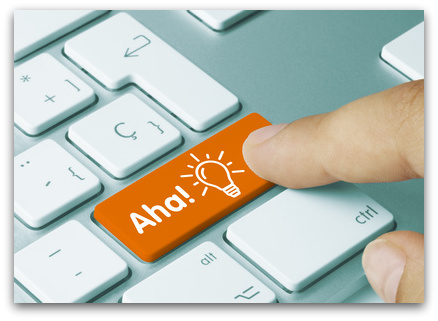How Disc Assessment Can Help Coaches to Assist Other
In this weeks guest post Laura Morrissey discusses a tool coaches can use with their clients.
How Disc Assessment Can Help Coaches to Assist Others
By Laura Morrissey

As a committed coach, you will know coaching has many different angles and whether you are a life coach, corporate coach, spiritual coach, etc. your aim at the end of the day is to fundamentally bring out the best in people , prepare, encourage, and steer them towards their capabilities and in the direction they want.
A good coach will draw out and develop a person’s potential from within, rather than push and try to influence then from the external environment. For this reason, Disc Assessment can be a valuable tool for coaches, being a form of coaching itself, the aim of the software is to make an individual more aware of their own inner and outer traits and qualities, presenting them with feedback and knowledge on how to utilize their traits to work with others and work as best as they can.
DISC
Disc works on the basis that a person’s character and traits can fall into one (or more) of four fields; Dominance, Influential, Steadiness, Conscientious. Each of these four groups represents a number of different defining qualities, the goals of each ‘type’ and how to deal and work with that person. However, as each individual is different, many find that their own character falls into more than one field, which can be even more beneficial particularly in the working world.
The dominant individual is competitive, driven, forceful, and strong-willed and is motivated by winning and success. They need a brief bottom line when being dealt with, seeking control of audience and independence.
Influential people are usually centred on group activities, marvelling in social recognition. It is important to share your experiences with this person, asking questions and allowing them so talk and you can recognise this person through their magnetic, warm and disorganised ways. Victory and friendship are what this person seeks.
Those under steady however are calm and patient, appreciating the status-quo and controlled environments. They need others who can react quickly to unexpected change and who can apply pressure on others and these are some of their witnesses.
The conscientious type however seek to gain knowledge and enjoy showing their expertise and quality work. Accuracy, stability and personal growth are important and when dealing with this person, facts and details are important to focus on.
DISC and the Individual
By understanding which character profile(s) your client falls into, you can better understand how to deal with your client and how best to approach them in order for them to reach their own level of efficiency. The in-depth feedback that disc offers, which you can use to develop the individual, allows them to become better acquainted with themselves and to utilize their skills and traits in an effective way in the working environment or life in general.
Conflict often surfaces when there is a lack of understanding between people, when others do not act in conformity to our expectations, or when we do not understand the reason, motivation or intention behind the actions of others. Personality clashes can be a common issue, although learning about your own personality and understanding the character traits of others can really help you work through conflict and reduce it greatly.
As well as dealing with personality clashes, Disc can also help to identify stress. It is able to detect and aid colleagues who are prone to stress and/or frustration, factors which can result in negativity, sickness, and under-achievement. This can hinder the progress of their organisation’s objectives.
In addition, for individuals who excel in their job roles (that match their skills, attitude and behaviour) and who have a keen determination and motivation, Disc can help to identify qualities and skills within a person such as management and leadership skills, organisation, sales aptitude and team-player qualities.
Coaching and DISC
As a coach, you may find it beneficial to use Disc yourself for a more personal involvement, in order to determine a better way that you yourself can help clients. For example, a dominant coach may want to provide peace and harmony, influential coaches may be interested in meeting with new people, steady coaches may have a high willingness to help people whereas a conscientious coach will seek peace and can adapt well.
When entering an environment where you are helping people progress using Disc, it is useful to understand yourself how it works and how it can help you to develop as a person and within a working environment. You will have the capability to understand how you address clients, improving your approach and how to make your advice and coaching more effective to each individual.
About Laura Morrissey
Laura Morrissey is a digital content editor for Disc Assessment. She shares tips for both leaders and coaches in working to the best of their ability together. Her specialist areas are coaching and team building.
Connecting with Laura via Social Media:
On LinkedIn at https://www.linkedin.com/in/morrisseylaura
On Twitter: @LauraMorrissey